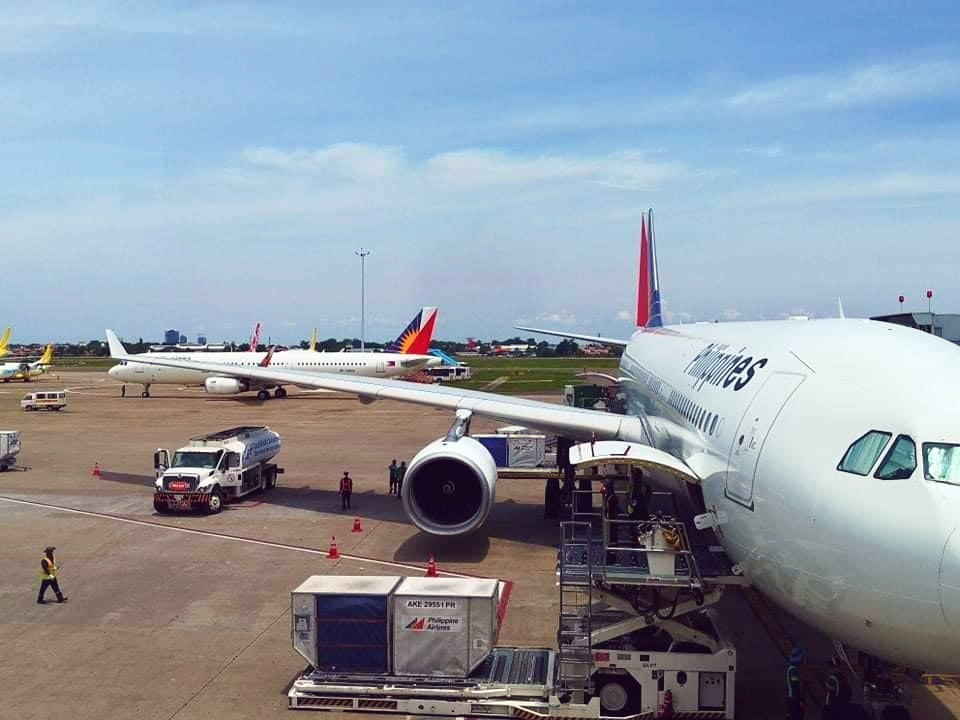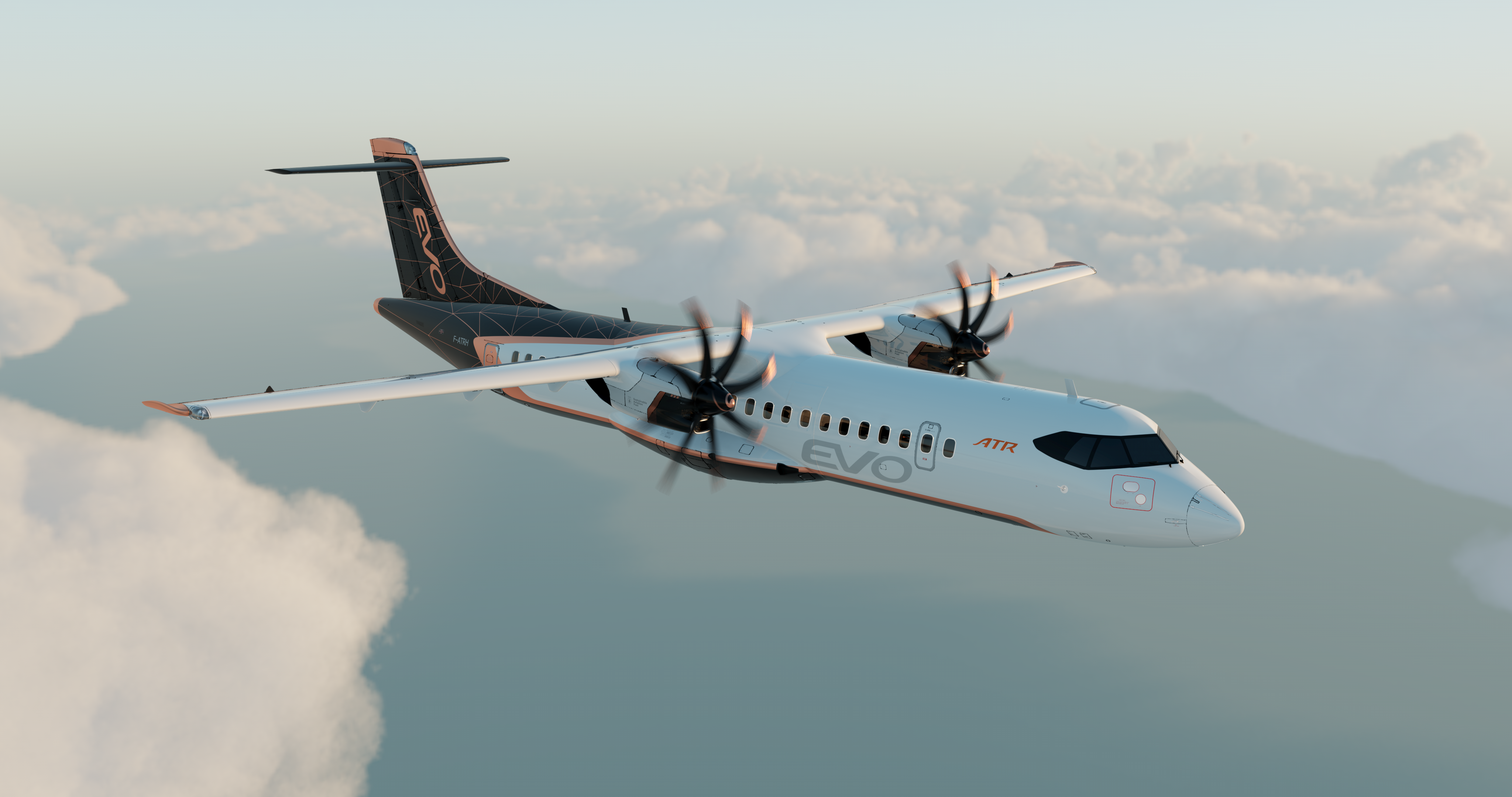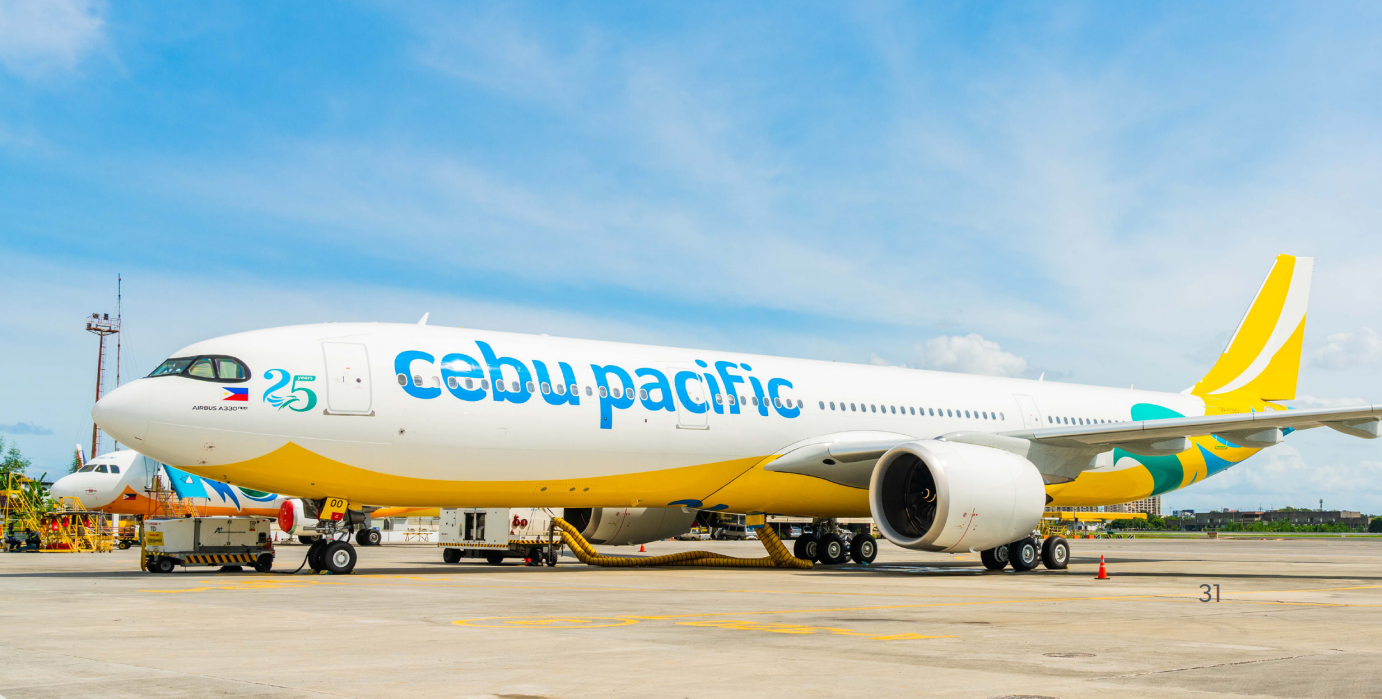ATR has unveiled the next generation series of the world-renowned regional turboprop aircraft, officially named the ATR EVO. The new aircraft is expected to enter service by 2030.
The next-generation version of the ATR will feature state-of-the-art technologies and advanced designs. The Franco-Italian planemaker will also fit the ATR EVO with a brand-new “hybrid” powerplant. These combined innovations will enable more gains in performance, economics, and sustainability areas.
ATR CEO Stefano Bortoli said: “Our next generation of aircraft will be a step forward in responsible flying through further incremental innovation. When it enters the market, the new ATR ‘EVO’ will pave the way towards a decarbonised future for aviation. Key benefits include a 20% overall fuel improvement and 100% SAF compatibility. This means that the aircraft will emit over 50% less CO2 than a regional jet when powered by kerosene. When using 100% SAF, its emissions will be close to zero.”
Compared to the current generation ATR aircraft, the ATR EVO will boast a 20 percent overall fuel improvement and 20 percent less carbon dioxide emissions. In a sustainability-centered future, the compatibility of the new aircraft with 100 percent Sustainable Aviation Fuels (SAF) will be a gamechanger.
Fabrice Vautier, ATR SVP Commercial, said: “The ATR ‘EVO’ will be even more economical, with double-digit operating cost savings achieved in particular through 20% lower fuel burn and 20% overall maintenance cost reduction. This means airlines can serve thin routes more profitably, and communities can benefit from more connectivity, more essential services, and more economic development. Our aim is to continue to offer customers and society ever more inclusive and responsible air transportation.”
Stéphane Viala, ATR SVP Engineering, added: “We have issued a Request for Information to the main engine manufacturers for the development of the new powerplant that will combine existing and future generation engine technology. The ATR ‘EVO’ will feature improved performance in terms of time to climb and an enhanced cabin, with increased use of lighter bio-sourced materials. Recyclability will also be at the heart of our new design.”
According to the planemaker, these new features of the ATR EVO are expected to bring double-digit savings in aircraft operating costs. The cost savings may interest low-cost carriers, especially Cebu Pacific, which is already an operator of the ATR 72-500F and the ATR 72-600.

























Leave a comment